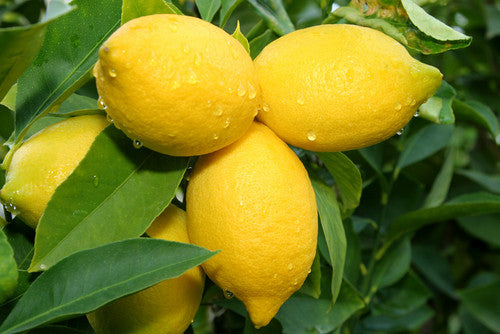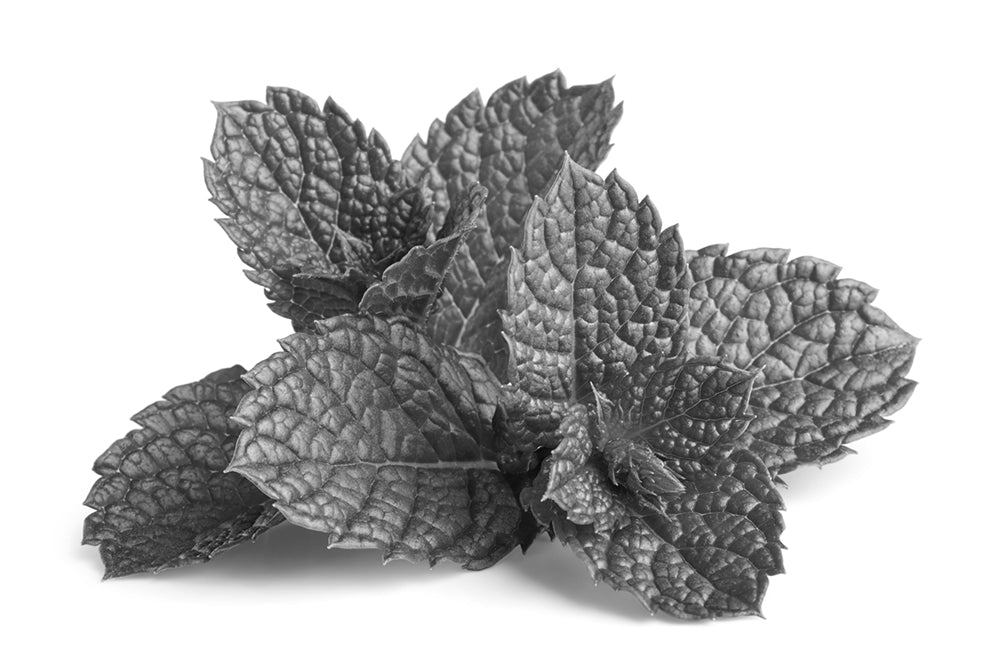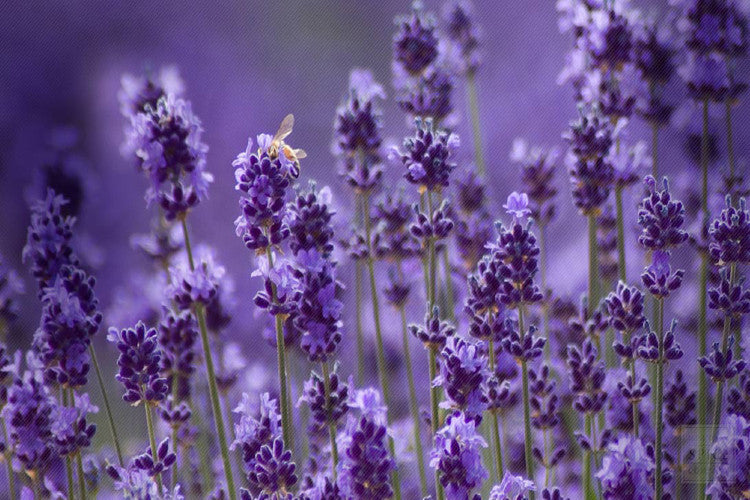
ingredient focus: lemon

The lemon (Citrus limon) is native to Asia, and is thought to have first grown in Assam, India. Lemons first entered Europe through ancient Rome by the 1st century AD, and then Persia, Iraq, and Egypt around 700 AD. The lemon finally reached the Americas in 1493 thanks to Christopher Columbus.
Modern medicine recognizes the antihistaminic and antibacterial properties of the fruit itself, while the leaves and stems are also noted to have antibacterial properties. The oil derived from the outer layer of the fruit wall is known to have anti-oxidant bioflavonoids.
Ayurvedic medicine has long treasured the lemon for all three doshas: vata, kapha, and pitta. The lemon has been prescribed for multiple ailments, including headaches, ulcers of the mouth, indigestion, vomiting, loss of appetite, cholera, and dysentery. It is even thought to improve function of the liver. Drinking warm water with sliced lemons upon waking is considered to increase metabolism and therefore assist in weight loss.
The lemon is valuable ally in skin care as well. Lemon juice is sometimes applied directly to the face to decrease acne and lighten skin, and when mixed with honey has been used to soften fine wrinkles. When applied directly to insect bites and sunburn, it has been noted to reduce pain. When used in the hair, it thought to limit hair loss.
Of course the aromatic properties of the lemon are undeniable. The fresh scent of this fruit relieves anxiety and elevates the spirit, and is used in many aromatherapy applications. We love the uplifting scent and spirit of lemon oil and have included it in our Ayurvedic Vata Facial Oil.
1www.wikipedia.org
2Khare CP. Indian Medicinal Plants. Berlin: Springer-Verlag. 2007, pp. 154-155.
3www.remedyspot.com
4van Wyk, B, Wink, M. Medicinal Plants of the World. Portland: Timber Press. 2005, p.107.



leave us a comment
This site is protected by hCaptcha and the hCaptcha Privacy Policy and Terms of Service apply.